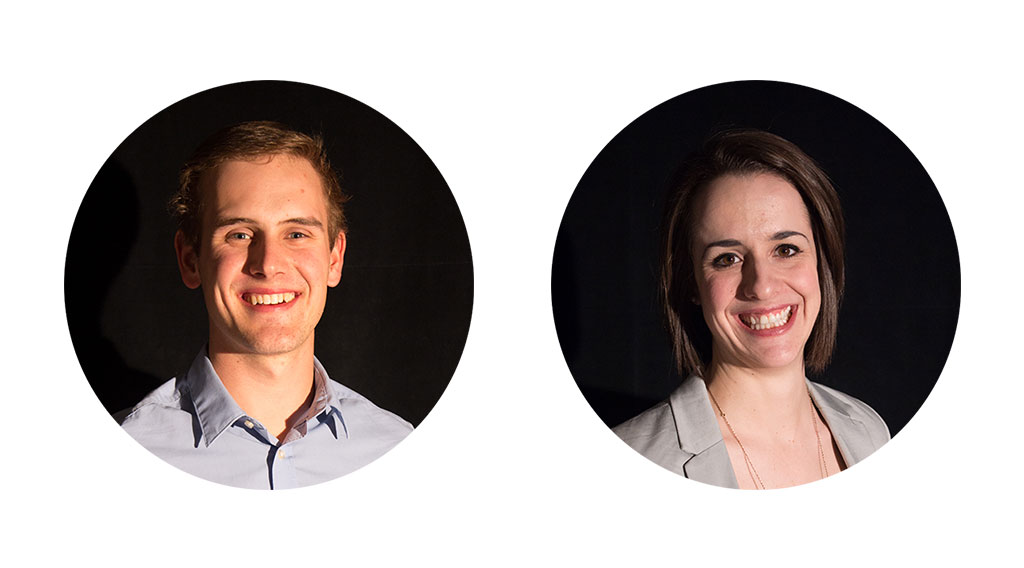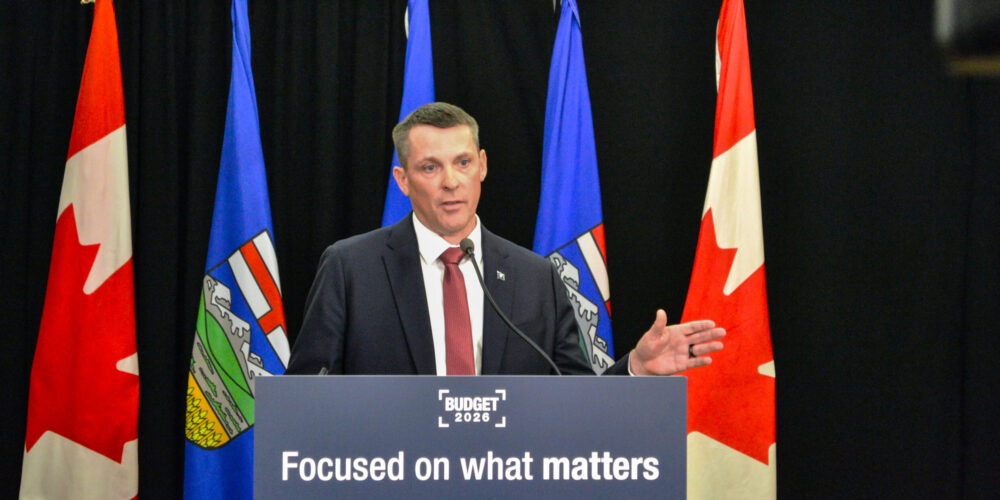Two-way Vice-President (External) race heats up
 Christina Varvis
Christina VarvisThe Vice-President (External) is responsible for Students’ Union relations with the government and the larger community, and develops policy on issues such as post-secondary funding, co-ordinating provincial and national lobbying efforts, and improving the public profile of students and their concerns.
1. What are some of your platform goals and priorities?
Dylan Hanwell: So I have three platform goals. The first goal is to reinstate the tuition cap. So, the tuition cap is expiring very soon, within the next year and a half, and I’ll be lobbying to make sure during the deliberation and the decision-making process that the tuition cap is renewed.
My second platform point deals with quality assurance. I want to make sure that we create an external quality assurance policy enforced by the provincial government that looks at undergraduate quality of education across the province through key performance indicators.
Finally, I want to put post-secondary education on the ballot, meaning I want to make sure that students vote. In this next year, there will be two elections, a provincial and a federal election, and in order to accomplish our goals now and in the future, we need to make sure that students come out and vote, and that their voice is heard by elected officials.
Blue Knox: For my platform I have three priorities: mental health, relationship building and affordability. Now those are pretty general terms, but I think they pretty accurately describe an overarching theme for the things I want to accomplish.
So for specific goals, under mental health, optimally, if we could get everyone to cooperate and the funding was there, I would really like us to work towards a provincial campus mental health strategy, because I think this is something we really need in Alberta.
In terms of relationship building, I look at it as building relationships in two areas: one within the university, and the other outside of the university. So in terms of initiatives within the university, I really think we do a better job of building a relationship between Students’ Union and students.
And then, finally for affordability, I think we have to make sure, I really want to work on transparency; advocating for transparency from the university in terms of where our money is going, because there are certain fees where it’s really difficult to find out what specifically they are.
2. How would you have tackled the market modifier situation this past year?
Hanwell: I think there’s two parts to that. The first part being externally. I think it’s really difficult when we are cut out of conversations to have an active role in things like market modifiers, and, first of all, we need to get a seat at the table.
We need the Alberta government to understand that as students, we deserve to have our voice heard, especially when it concerns tuition.
Secondly, I think we need to look internally and talk to students, really get down to why there is a market modifier, and who supports it and why, and who doesn’t support it and why.
There’s a conversation to have with market modifiers, but it needs to be incredibly thorough, and a vast majority of students need to support it before we ever start thinking about that.
Knox: I would say two things about that: one thing that I talk about in my platform is establishing a set of best practices so that student organizations and faculty associations have some sort of resource to go to when they are lobbying the government.I am one person; the VPE cannot be everywhere at once.
Another thing — I think communicating with students — it goes back to communication and making sure students feel connected to things.
Whether I agree with them or not, my problem is I didn’t know what they were, and it didn’t feel like that was being properly communicated. I think a big thing the entire SU could work on — not just in this situation, but in general — is communication with students.
3. The declining price of oil is causing some concern over the provincial budget announcement and the resulting implications for the post-secondary budget. What are your thoughts on that and how do you intend to tackle that?
Hanwell: We need to ensure that if there are spending cuts, that we make sure they’re not coming on the backs of students, and that these spending cuts really aren’t affecting undergraduate students or their ability to pay for school or the quality of education that they’re going to receive.
Knox: If I can’t be a genie and make tuition go down, if I can’t be a magician, at the very least I can give a voice to the challenges faced by students and advocate for greater student support and transparency, because if we’re paying more, we need to know where that money is going and ensure quality of education.
4. If you were locked in a room with just Minister Scott and yourself for 24 hours, how would you kill the time?
Hanwell: I would talk politics for a little, talk post-secondary education, obviously, talk about the oil sands, because he’s from Fort McMurray.
Then I’d ask him where he gets his haircut. We might talk about his barbershop.
Knox: We’d order pizza, that would be step one. I know this sounds really cheesy, but I would want to discuss the issues that are facing students right now.




